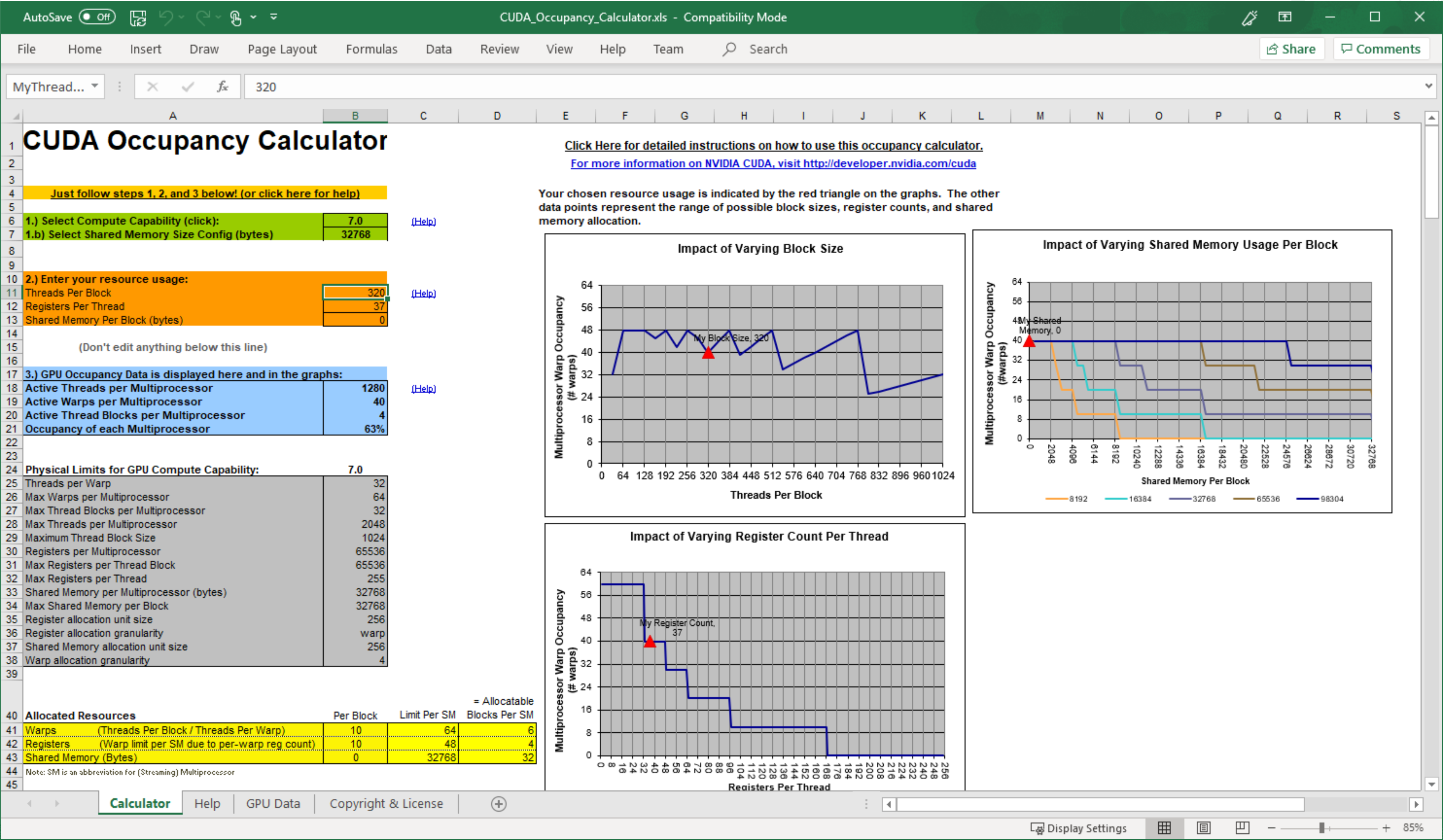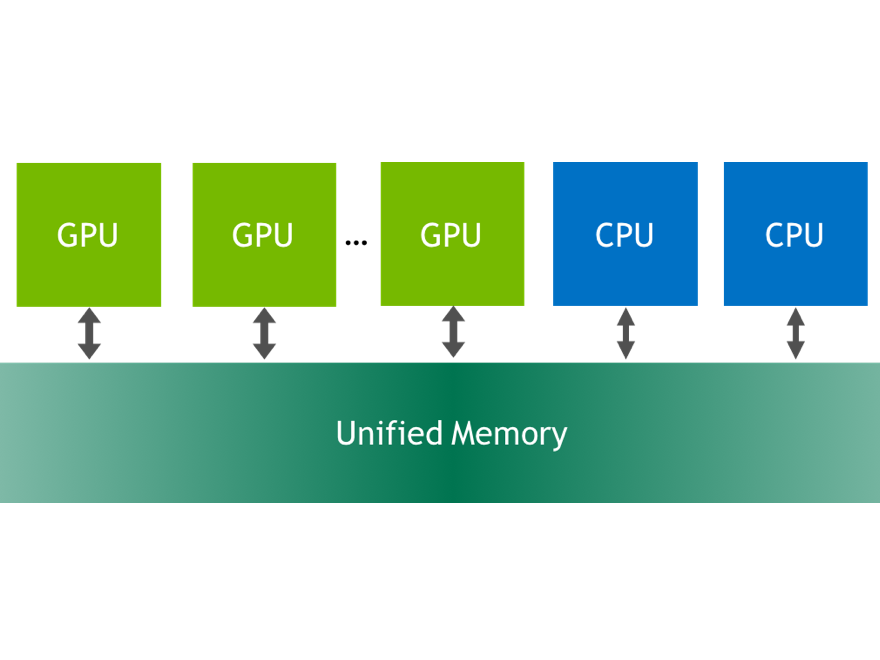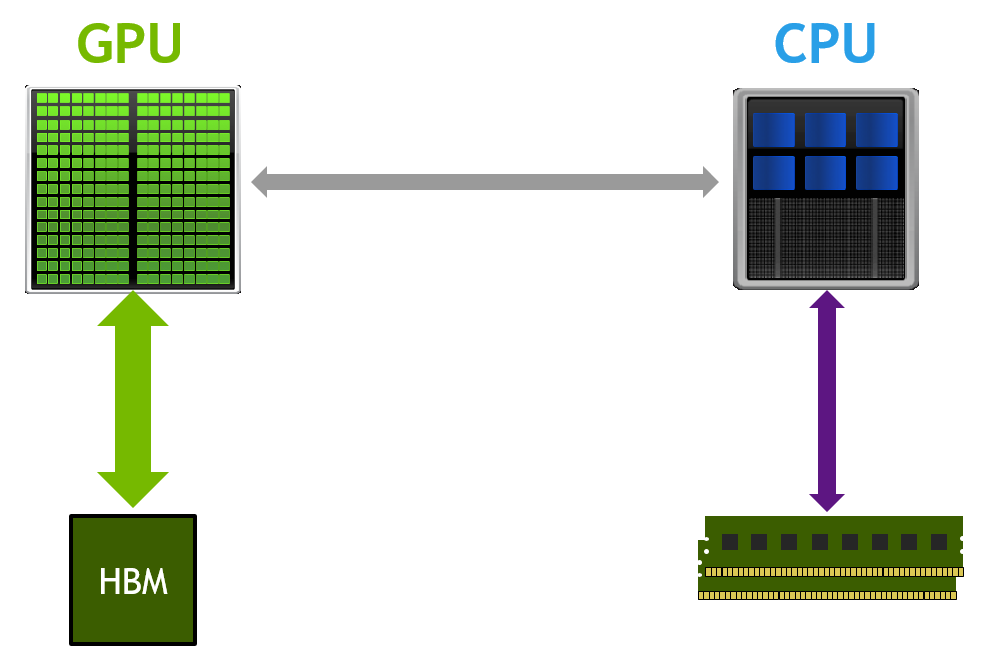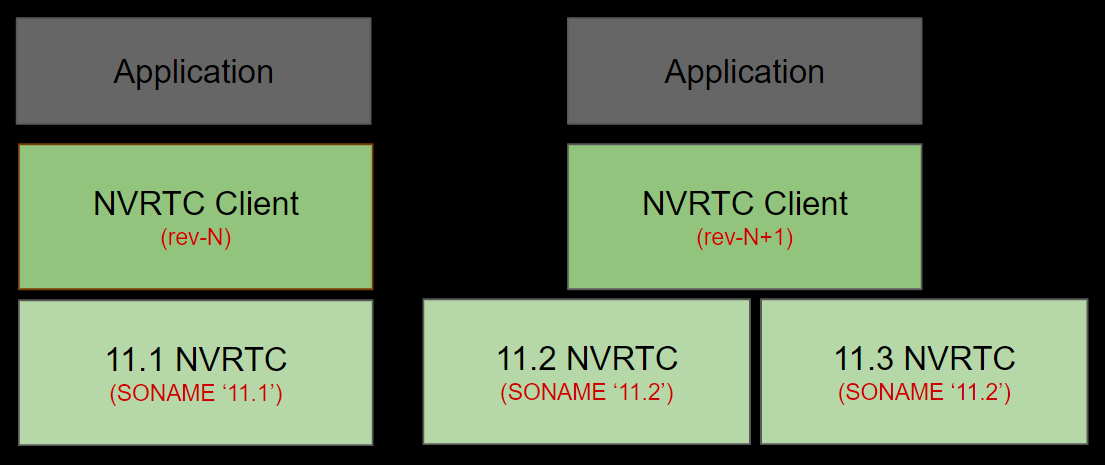Roads & PavementRoads & Pavement
Barefoot
Minimal
Low
Medium
High
Maximal
All around running shoes offer comfort and cushioning for daily runs, jogs, walks, and long mileage. They offer enough versatility for both faster and slower runs and are a great option for those who want one running shoe to do it all.
Fast run or uptempo running shoes are lightweight and responsive. They offer streamlined designs that have minimal uppers and offer a high level of energy return. These shoes are a great option for faster runs in the week or those looking for a livelier experience.
Max Cushion shoes offer premium cushioning with ample ground protection and a stable ride. These types of shoes provide abundant impact protection that softens landings while running at any pace or distance. These types of shoes are best for slower recovery runs and easy days where comfort takes priority.
Racing shoes are designed with optimal performance in mind. These types of shoes have snug-fitting uppers, energetic midsole foams, and features implemented for maximum efficiency. These types of shoes are best for runners looking to gain the ultimate advantage in races but may sacrifice some durability and comfort.
Gym Workout shoes offer a stable and versatile ride. They have a firmer underfoot feeling that provides stability for lateral movements with comfortable uppers. These types of shoes are best for trips to the gyms, cross training, casual wear, and light running. Access Your Machine s GPU Within a Docker Container
Road running shoes feature smooth outsoles that are designed for running on paved surfaces such as roads, sidewalks, and bike paths.
Designed to handle most trail runs, these shoes prioritize comfort and a smooth ride. These shoes are great for anything from smooth singletrack, park trails, and fireroads making them ideal for those who run from their doorstep on streets before hitting the trail.
These shoes are best used for hard, rugged trails such as shale, granite or sandstone where grip on smooth surfaces and underfoot protection are important.
Designed for use in muddy, soggy conditions, these shoes feature very aggressive outsoles that dig deep into soft ground for exceptional traction.
These shoes feature technical outsoles designed to grip snowy and icy trails making them ideal for winter trail running.
Cushioning level, or stack height, refers to how much shoe is between your foot and the ground. For this category, we reference the amount of cushioning below the forefoot as the heel height will be equal to or greater than the forefoot height.
1. Preface CUDA C Best Practices Guide 12.3 documentation
0-13mm. The Shoe generally does not have a midsole and feels like there is no cushioning. This shoe is all about feeling the ground underfoot.
14-18mm. The shoe has a thin midsole that allows for a natural running experience. Racing shoes and minimalist shoes are common here. These shoes offer a feeling of being connected to the road or trail.
19-23mm. The shoe has a slightly cushioned feel and may feature added cushioning technologies. Performance training shoes and some trail shoes are common here. These offer protection during footstrike but prioritize a lightweight, grounded experience.
24-28mm. These shoes have a stack height that fall near the middle of the spectrum.The shoes in this category are verstaile and great for all types of runs and distances.
29-34mm. The shoe has a thick midsole and ample cushioning. These shoes are highly protective and absorb more impact than the body.
35mm plus. The shoe has an extremely thick midsole and extra cushioning. The focus is on protection and soft foam underfoot with hardly any ground feel.
Neutral shoes support the foot through a normal range of arch collapse and generally do not have a built-in technology to correct movement.
Stability shoes are a great option for those who overpronate or need added support. These shoes help to limit the inward rolling motion of the ankle while running or walking and assist in guiding the foot straight through the gait cycle. Unified Memory in CUDA 6 NVIDIA Technical Blog
Product Details:
CUDA Wikipedia 2025, CUDA Cores vs. Stream Processors And other GPU Cores Explored 2025, The Best GPUs for Deep Learning in 2023 An In depth Analysis 2025, iXBT Labs NVIDIA CUDA Page 2 First attempts applications 2025, CUDA Compatibility NVIDIA Data Center GPU Driver Documentation 2025, Improving GPU Memory Oversubscription Performance NVIDIA 2025, Unified Memory in CUDA 6 NVIDIA Technical Blog 2025, 1. Preface CUDA C Best Practices Guide 12.3 documentation 2025, Access Your Machine s GPU Within a Docker Container 2025, Nvidia smi shows a different version than conda list cudatoolkit 2025, Install the NVIDIA CUDA Toolkit on GPU Compute Instances Linode Docs 2025, Which CUDA Toolkit version for older NVIDIA Driver Stack Overflow 2025, What Is CUDA NVIDIA Official Blog 2025, NVIDIA GPU Architecture CUDA Programming Environment Alan 2025, Cloud Native Technologies NVIDIA Developer 2025, CUDA C Programming Guide 2025, Multi Process Service MPS of NVIDIA GPUs by Ehsan Yousefzadeh 2025, CUDA 11 Features Revealed NVIDIA Technical Blog 2025, Tensorflow list physical devices doesn t detect my GPU CUDA 2025, NVIDIA 2024 2025 data center roadmap lists GB200 and GX200 next 2025, Guide To Install CUDA for GPU enabled Deep Learning with PyTorch 2025, Programming Guide CUDA Toolkit Documentation 2025, How to know if my GPU supports CUDA Ask Ubuntu 2025, How to Query Device Properties and Handle Errors in CUDA C C 2025, The GPU Compute Capability Einscan Support 2025, Nvidia CUDA Cores Explained How are they different 2025, CV CUDA Open Source Library NVIDIA Developer 2025, CUDA Quantum for Hybrid Quantum Classical Computing NVIDIA Developer 2025, 5 Things You Should Know About the New Maxwell GPU Architecture 2025, CUDA Installation Guide for Microsoft Windows 2025, NVIDIA Announces Entire Line of DX11 Fermi Based Mobile GPUs 2025, CUDA Cores vs. Stream Processors And other GPU Cores Explored 2025, Matching CUDA arch and CUDA gencode for various NVIDIA 2025, CUDA Wikipedia 2025, GPU in Windows Subsystem for Linux WSL NVIDIA Developer 2025, CUDA Compatibility of NVIDIA Display GPU Drivers Amikelive 2025, CUDA Compatibility NVIDIA Data Center GPU Driver Documentation 2025, CUDA 11 Features Revealed NVIDIA Technical Blog 2025, 1660 Ti no longer support CUDA CUDA Setup and Installation 2025, NVIDIA Datacenter Drivers NVIDIA Data Center GPU Driver 2025, CUDA Refresher The CUDA Programming Model NVIDIA Technical Blog 2025, CUDA 10 Features Revealed Turing CUDA Graphs and More NVIDIA 2025, GPU for Machine Learning CUDA cuDNN and tensorflow gpu by 2025, cuda Does cuDNN library works with All nvidia graphic cards 2025, CUDA Compatibility NVIDIA Data Center GPU Driver Documentation 2025, CUDA C Programming Guide 2025, CUDA Compatibility between NVIDIA RTX A5000 and GeForce RTX 4060 2025, CUDA GPUs Compute Capability NVIDIA Developer 2025, CUDA C Programming Guide 2025, What Is CUDA NVIDIA Official Blog 2025, Product Info:
Nvidia cuda gpu list 2025.
- Increased inherent stability
- Smooth transitions
- All day comfort
Model Number: SKU#7311990





